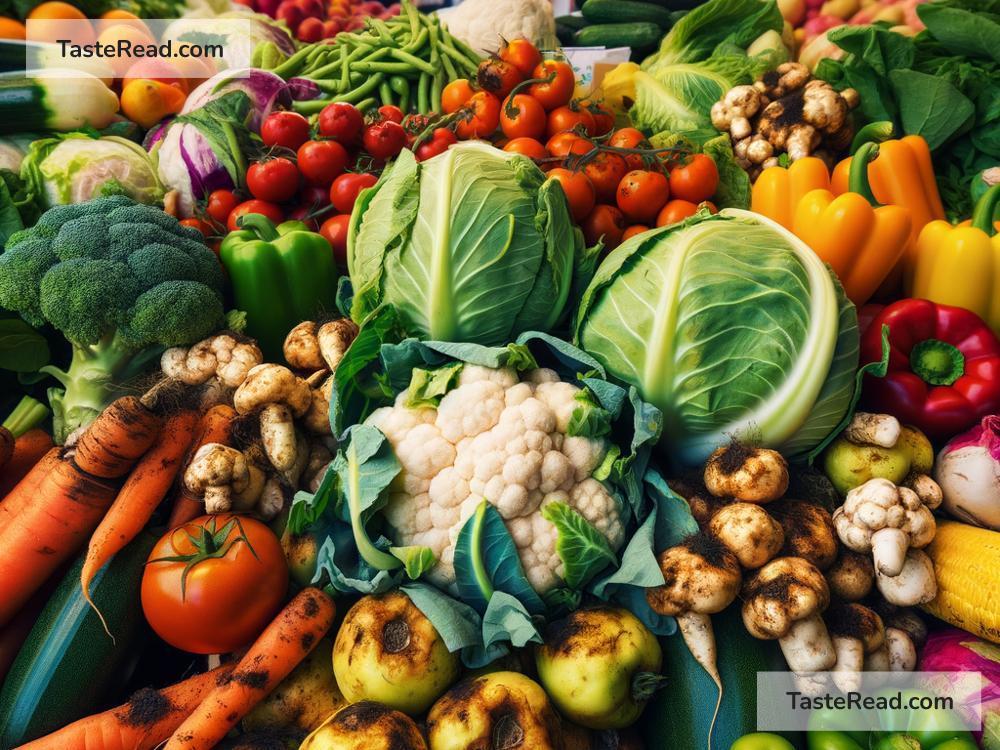The Impact of Pesticides on Nutritional Quality
When we think about fruits, vegetables, and grains, we often imagine vibrant foods packed with vitamins and minerals, ready to nourish our bodies. However, the methods used to grow these foods can affect their nutritional quality. One key factor is the use of pesticides. Pesticides are chemicals used by farmers to protect crops from pests, weeds, and diseases. While they can help improve farming efficiency, they may also have unintended effects on the nutritional value of the foods we eat.
In this article, we’ll explore how pesticides can impact the nutritional quality of food, what this means for your health, and what you can do as a consumer.
What Are Pesticides?
Pesticides are substances designed to kill or control pests such as insects, weeds, fungi, and rodents. Farmers use them to ensure their crops grow without being destroyed by pests or overtaken by weeds. These chemicals come in many forms, such as sprays, powders, and liquids, and are often applied directly onto plants. Pesticides help create larger yields of crops, making food production faster and more efficient.
While pesticides have benefits for farming, they don’t always work harmoniously with the natural environment or the foods we’re trying to grow. In some cases, pesticides can linger on crops and even affect their internal makeup, including changes in their nutritional quality.
The Link Between Pesticides and Nutrition
So, how do pesticides affect the nutritional quality of food? Studies show that pesticide exposure can influence the way plants grow and interact with the soil. Healthy plants rely on nutrients in the soil, water, and sunlight to develop vitamins, minerals, and antioxidants. Antioxidants are substances in food that help protect our bodies against harmful substances called free radicals. The healthier the plant growing conditions, the better the food’s nutritional profile. But pesticides can disrupt these natural processes.
Here are some ways pesticides may impact nutrition:
-
Reduction in Antioxidants: Research indicates that plants grown with pesticides may produce fewer antioxidants. This is because plants naturally create antioxidants to defend themselves against stress like pests and diseases. When pesticides do the work of protecting plants, the plants don’t need to make as many antioxidants. Foods with fewer antioxidants may offer less protection against health problems like inflammation and chronic disease.
-
Harm to Soil Quality: Pesticides can harm helpful organisms in the soil, such as bacteria and fungi, which are essential for plant growth. These organisms break down nutrients in the soil and make them available to plants. When soil health declines, it can lead to lower nutrient availability for crops. As a result, the food grown in unhealthy soil may contain fewer vitamins and minerals.
-
Chemical Residues: Pesticides sometimes leave residues on crops after they’re harvested. In some cases, these chemical residues may interfere with how nutrients are absorbed in our bodies. For example, pesticides can alter the balance of gut bacteria, which play a role in breaking down food and extracting nutrients.
-
Impact on Taste and Quality: The nutritional content of food often influences its flavor. Crops grown naturally and without stress often have richer flavors, while pesticide-treated crops could lack the depth of taste that comes with higher nutrient levels.
Organic vs. Conventional Farming
One way to reduce pesticide exposure is by choosing organic foods. Organic farming limits or eliminates synthetic pesticide use. Organic crops often grow in healthier soil with better microbial activity, potentially leading to higher nutrient levels. Studies show that organic fruits and vegetables may have more antioxidants and vitamins than conventionally grown crops. However, organic farming isn’t perfect—it still uses natural pesticides, which may also impact crops, although usually to a lesser degree.
It’s worth noting that the nutritional differences between organic and conventional crops aren’t always vast, and pesticides are just one factor. Other elements, like weather and farming practices, also play a role in the nutritional quality of food.
How Can You Eat Healthier?
If you’re worried about pesticides affecting the nutritional quality of your food, here are a few tips to help you make healthier choices:
-
Wash Your Produce: Washing fruits and vegetables under running water can remove some pesticide residues. You can also use a produce brush for tougher surfaces like apples and potatoes.
-
Go Organic: Choose organic options when possible. While they may cost more, organically grown foods are less likely to be treated with synthetic pesticides.
-
Eat Local and Seasonal Food: Local and seasonal produce is often fresher and may be grown with fewer chemicals. Buying from farmers markets can give you a chance to ask people directly about how your food was grown.
-
Grow Your Own Food: If you have the space and time, try gardening at home. This allows you to control what goes into your plants and soil.
-
Balance Your Diet: If you’re concerned about the effects of pesticides, focus on eating a variety of foods to obtain nutrients from different sources.
Conclusion
Pesticides play an important role in food production, but they can influence the nutritional quality of the crops we eat. By reducing antioxidant levels, harming soil health, and leaving residues on food, pesticides may diminish our ability to get the maximum nutrients from fruits and vegetables. While organic and pesticide-free options can help, the most important thing is to stay informed and make choices that align with your health goals and budget.
Remember, a balanced diet filled with fresh, whole foods will always be the cornerstone of good nutrition. Whether organic or conventional, eating more fruits and vegetables is always a step toward better health.


